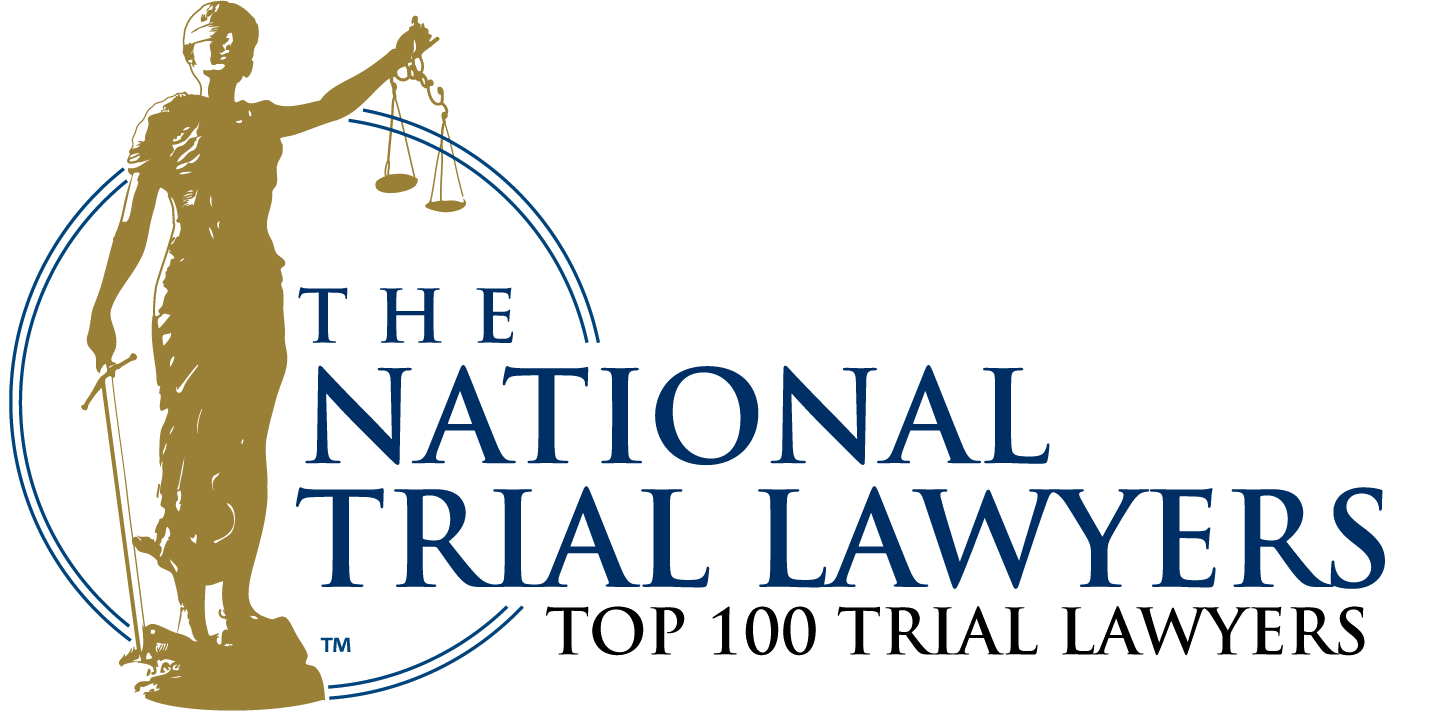New Jersey Patient Safety Act
In 2004 the New Jersey Patient Safety Act (P.L. 2004, c9) was enacted to improve patient safety in hospitals and other health care facilities by establishing a mandatory medical error reporting system. It is designed to promote a comprehensive approach where adverse patient events will be reported and systematically analyzed in an effort to create solutions that will improve health care quality and save lives. The State of New Jersey Department of Health and Senior Services created a website designed to help health care facilities develop strong patient safety programs and fulfill the law’s mandatory reporting requirements. The site can be found at www.NJ.gov/health/hcqo/ps. It contains frequently asked questions that can be used by consumers and health care professionals alike. The website contains an informative link to patient safety newsletters and alerts.
This link provides useful information and readily identifies how patient safety can be improved by implementing institutional oversight and initiating appropriate safety programs. The February 2006 Patient Safety Initiatives Update, for example, highlights falls and reviews medication errors, the December 2006 Patient Safety Initiatives Update reviews the issue of retained objects and lost specimens, etc.
Root cause analyses (RCAs) in the initially 11 months of system operation has shown that the majority of reported events were classified as either falls (33 percent) or were hospital acquired pressure ulcers (20 percent). Total surgery-related events comprised 18 percent and “other management” events comprising most of the remainder of submitted event reports totaled 15 percent.
In response to the high percentage of falls the Department of Health and Senior Services developed a collaborative workshop on fall prevention and commendably strong hospital interest has been demonstrated. Fall intervention programs are becoming recognized as important components of patient care. Specific interventions can be implemented that include identification of patients at risk for falls and the utilization of bed alarms, hip protectors and ambulating aids. Staff awareness and training were identified as significant factors in the success of these programs. A successful reduction in falls has been demonstrated when multifactorial interventions were tailored to patient needs.
In the past, the fear of lawsuits has been considered to be a factor in efforts to reduce medical errors. Traditional notions of tort liability theoretically provide the incentive to improve patient safety and avoid medical errors. Some would argue, however, that fear of liability created an environment that too often was an obstacle to the reporting of adverse events and errors. By creating a mandatory obligation to report medical errors, New Jersey has joined and is now in the forefront of national efforts to identify and address preventable injuries. The U.S. Department of Veterans Affairs and the Agency for Healthcare Research and Quality have been in the forefront studying preventable adverse events. The current model takes a major step in the direction of patient safety and the prevention of the root causes of many events that reoccur all too often.
In identifying and addressing preventable errors, lawyers and physicians as well as health care facilities can and should see themselves as natural allies rather than as predator and prey. [see George J. Annas,” The Patient’s Right To Safety — Improving the Quality of Care Through Litigation Against Hospitals” in the May 11, 2006, issue of The New England Journal of Medicine; Peter Budetti, P. Tort Reform and the Patient Safety Movement: Seeking Common Ground 293 JAMA 2660(2005), Peter D. Jacobson & Gregg Bloche, Improving Relations Between Attorneys and Physicians, 294 JAMA 2083 (2005).] After all, an ounce of prevention is always worth way more than a pound of compensation.








